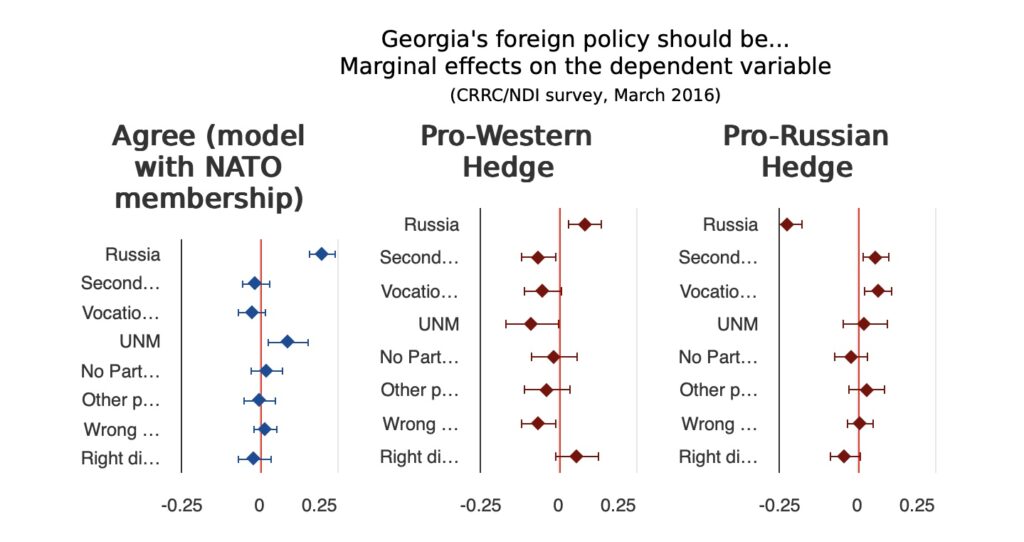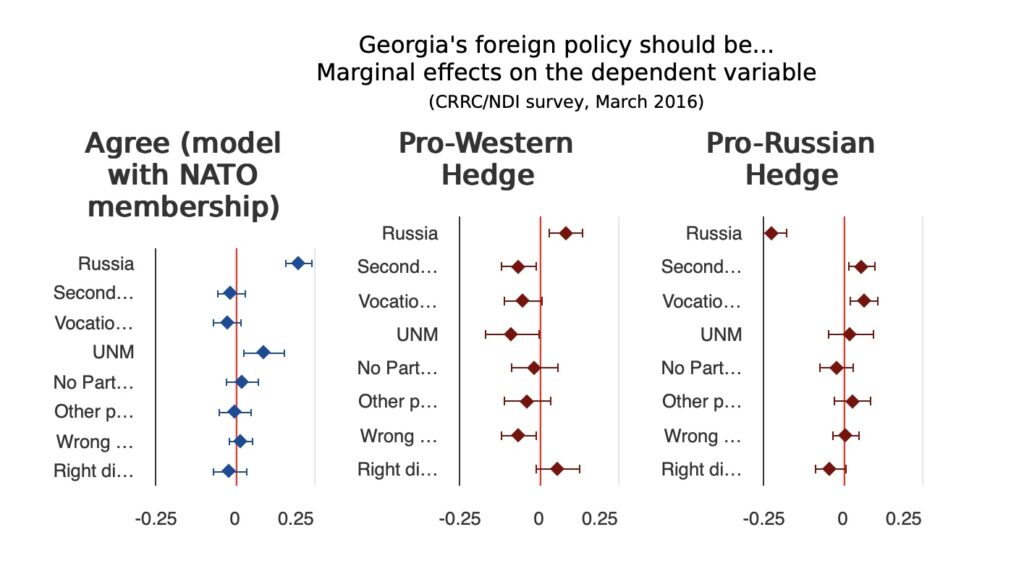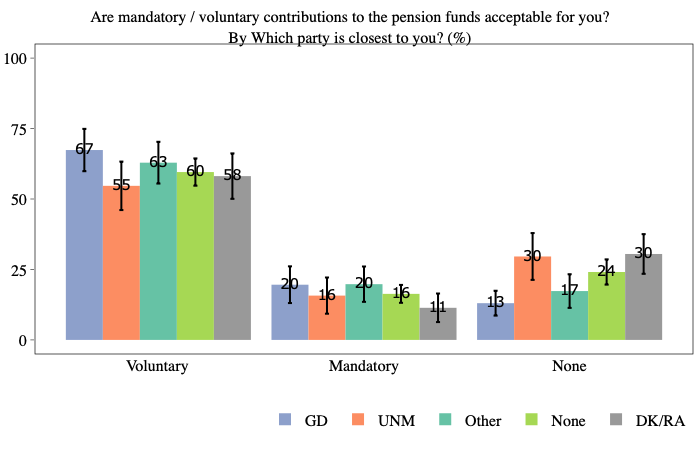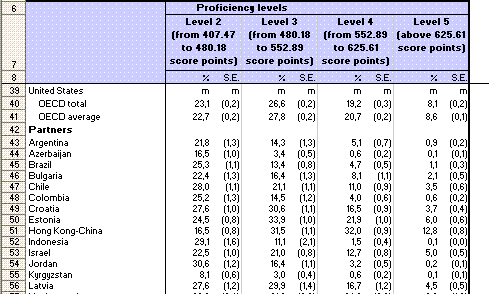Today, CRRC Georgia released a report on public opinion in Georgia on the Covid-19 crisis. The report includes data collected between late April and early June, 2020. During this time, CRRC Georgia conducted weekly public opinion surveys and presented the…
Policy

The first part of this blog post discussed evidence of an association between perceiving Russia as the main threat to Georgia and a preference for a foreign policy that balances against that threat through alliances with the West. The relationship…

Georgia is a small, partly free democracy in a tough neighbourhood, and NATO membership remains an unfulfilled promise. While Russia is widely perceived as the main threat to Georgia’s security, the appropriate strategic or political response to the threat is not obvious.…

While a large number of Georgians think the country is going in the wrong direction, the fact that they are judging the country’s performance based on issues rather than political partisanship alone is a good sign.

On July 21, 2018 Georgian legislators approved an accumulative pension scheme, after years of discussion. As one of the requirements of the new law, employees with contracts who are under the age of 40 have to contribute 2% of their remuneration…
Do voters in less than democratic contexts matter or are elections simply facades used to create a veneer of democratic accountability for domestic and international actors? Within the Autocratic Response to Voter Preferences in Armenia and Georgia project, funded by Academic Swiss Caucasus…

OECD has just published their 2006 PISA results, which stands for “Program for International Student Assessment”. In PISA, 15-year olds are tested for basic abilities in various fields. The 2006 round focused primarily on science learning. A little more than…
Here is an assessment of policy research in Azerbaijan that we stumbled upon, in a yet-unpublished piece. It paints a stark picture, but we thought it provides food for discussion.
12
